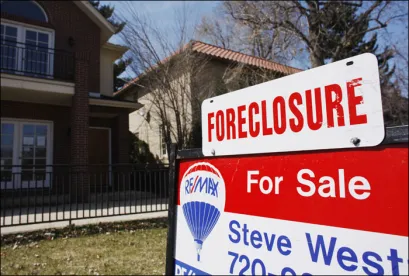Mortgage servicers are heavily regulated. Usually, the worst that can be said is that the laws and regulations are many, complex, and onerous. Sometimes, however, they are contradictory.
For example, many state and federal rules require servicers to contact delinquent borrowers to prevent foreclosure. Some regulators, like the federal Consumer Financial Protection Bureau (the “CFPB”), require “live” contact. As a practical matter, servicers will meet this requirement by making telephone calls, a method specifically endorsed by the CFPB.
This, however, puts servicers in the crosshairs of consumer class action plaintiffs’ attorneys specializing in the federal Telephone Consumer Protection Act, 47 U.S.C. § 227 (the “TCPA”). The TCPA generally prohibits calls to cell phones via an automatic telephone dialing system (“ATDS”) without “prior express consent.” A plaintiff suing under the TCPA does not have to prove any actual damage, but can recover statutory penalties of $500 to $1,500 for every call in violation of the TCPA—i.e., every call made via ATDS without prior express consent. On a nationwide class action basis, the potential liability can be crushing.
Under recent rules, the Federal Communications Commission (“FCC”) has dramatically increased the risk of liability under the TCPA. To show prior express consent for a marketing call, a servicer must prove it had clear and conspicuous signed, written consent to call the borrower via ATDS at the specific phone number provided by the borrower, and that the servicer informed the borrower that such consent was not a condition of any good or service. Plaintiffs’ attorneys will argue that the call constitutes “marketing” if it introduces any new good or service to the borrower, including possible refinance, as an alternative to foreclosure.
According to the FCC, even if a servicer has sufficient prior express consent, a borrower can revoke this consent at any time in any reasonable manner, including orally.
The FCC has also recently found that there is liability under the TCPA even based on mistaken calls. If a servicer intends to call John Doe, but reaches Jane Smith instead, the servicer can still be liable. Such mistakes usually happen because the servicer mistakenly transcribed or called the number provided by the borrower, the borrower mistakenly provided the wrong number, or the cell phone number had been reassigned from one person to another.
The FCC has also recently interpreted the meaning of ATDS very broadly. ATDS includes not only auto-dialers, but also calls made with telephone equipment that has the “capacity” to auto-dial. According to the FCC, this is not limited to present capacity but includes potential future capacity, for example by installation of new software. Under the FCC’s broad definition, most telephone systems operated by mortgage servicers probably have the potential capacity to auto-dial by the installation of new software or otherwise. Thus, even if a mortgage servicer calls a borrower by manually punching numbers into a desktop phone, this probably does not eliminate liability under the TCPA.




 />i
/>i

